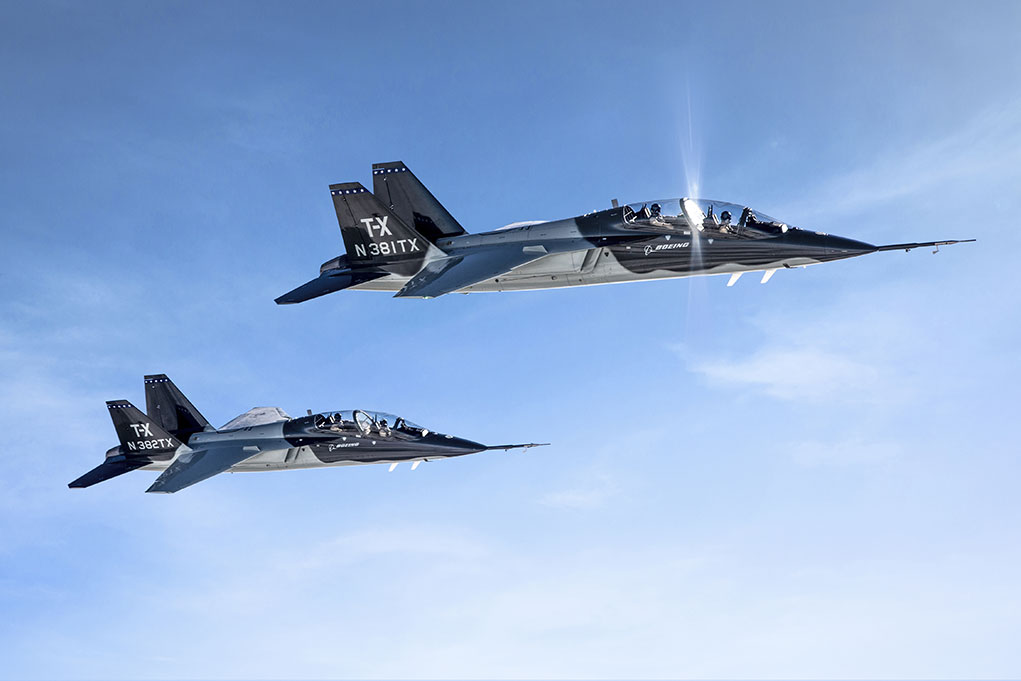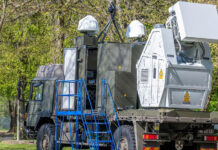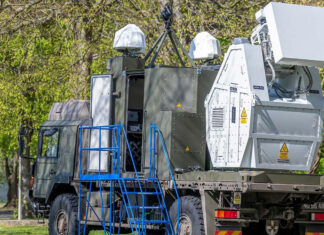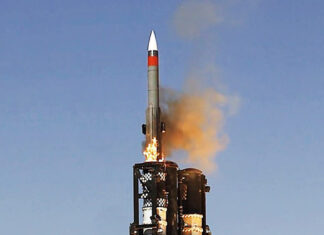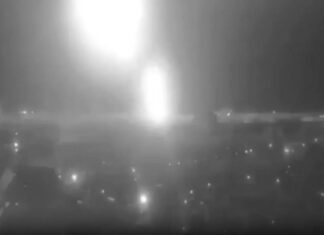The U.S. Air Force plans to replace its pilot trainers, with an integrated system comprising modern trainer jet and flight simulators. The Air Force announced yesterday the awarded of a $9.2 billion contract to the Boeing Company, to develop and deliver 351 T-X aircraft, 46 simulators, and associated ground equipment to replace the Air Education and Training Command’s 57-year-old fleet of T-38C Talons.
The original service cost estimate was $19.7 billion for 351 aircraft. The indefinite-delivery/indefinite-quantity contract allows the Air Force to purchase up to 475 aircraft and 120 simulators. “This new aircraft will provide the advanced training capabilities we need to increase the lethality and effectiveness of future Air Force pilots,” Secretary of the Air Force Heather A. Wilson said. “Through competition, we will save at least $10 billion on the T-X program.” An initial delivery order for $813 million provides for the engineering and manufacturing development of the first five aircraft and seven simulators.
The contract supports the Air Force’s objective of an initial operational capability by 2024 and full operational capability by 2034. The first T-X aircraft and simulators are scheduled to arrive at Joint Base San Antonio-Randolph, Texas, in 2023. All undergraduate pilot training bases will eventually transition from the T-38 to the T-X. Those bases include Columbus Air Force Base, Mississippi; Laughlin AFB, Texas; Sheppard AFB, Texas and Vance AFB, Oklahoma.
The T-X program is expected to provide student pilots in undergraduate- and graduate-level training courses with the skills and competencies required to transition to 4th- and 5th-generation fighter and bomber aircraft.
Winning the T-X program Boeing and Saab have beaten Lockheed Marting and Leonardo, whose bids were based on existing designs. The T-X offered by Boeing is a new aircraft based on a design perfected for the Air Forces’ requirement. The fighter-like trainer aircraft, which was designed for ease of maintenance, is the cornerstone of an all-new pilot training system that also includes classroom training and simulators. It will help train future fighter and bomber pilots for generations to come.
“Today’s announcement is the culmination of years of unwavering focus by the Boeing and Saab team,” said Leanne Caret, president and CEO, Boeing Defense, Space & Security. “It is a direct result of our joint investment in developing a system centered on the unique requirements of the U.S. Air Force. We expect T-X to be a franchise program for much of this century.”
Boeing said it is now clear to begin placing orders with its suppliers, including Saab. More than 90 percent of Boeing’s offering will be made in America, supporting more than 17,000 jobs in 34 states.
The announcement is good news for Saab, Boeing’s main partner in the F-X program.“ This selection allows our two companies to deliver on a commitment we jointly made nearly five years ago,” said Håkan Buskhe, president and CEO of Saab. “It is a major accomplishment for our partnership with Boeing and our joint team, and I look forward to delivering the first trainer aircraft to the Air Force.”
This is the third win of a major program for Boeing, and the second involving major cooperation in a foreign partner. Last week the company won the Air Forces’ UH-1N replacement, offering the MH-139. The $2.4 billion contract covers the delivery of up to 84 helicopters, training devices, and associated support equipment. In August Boeing was selected to develop the MQ-25 Stingray, unmanned aerial refueling platform for the US Navy. The Navy plans to operate up to 72 such aircraft on board its aircraft carriers.

